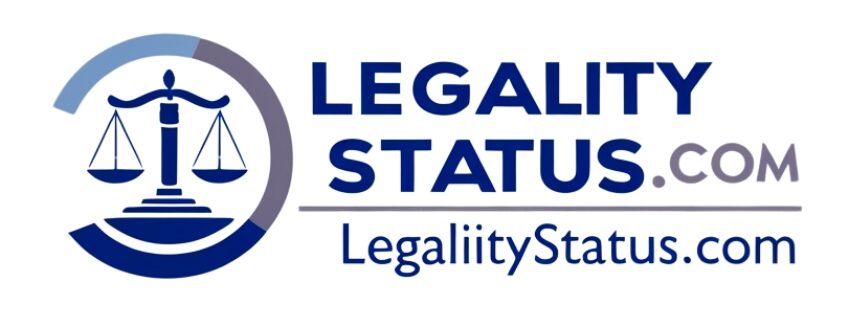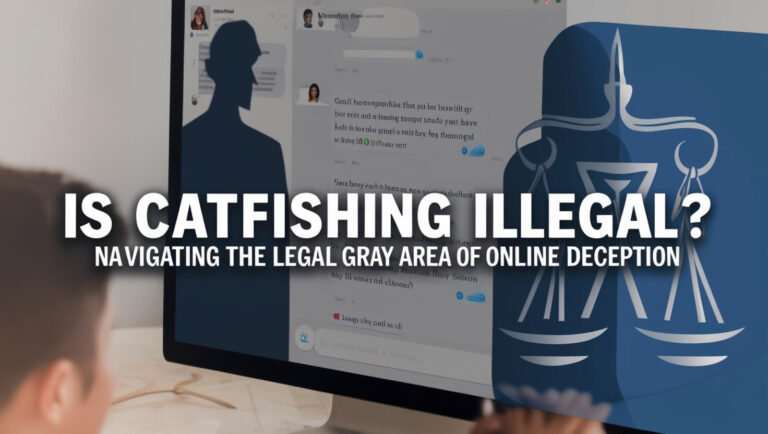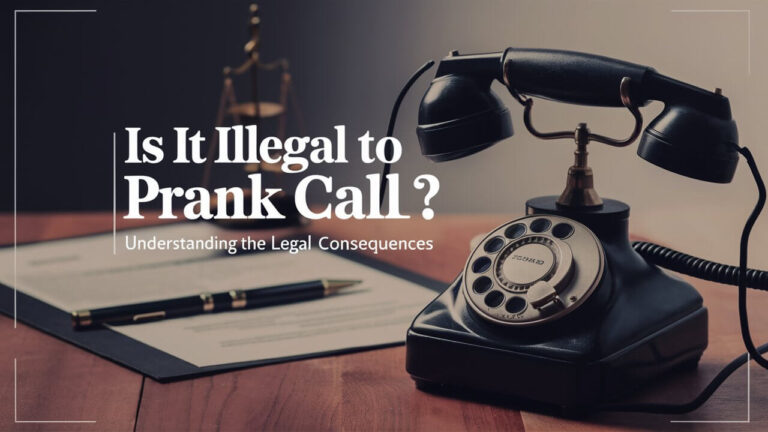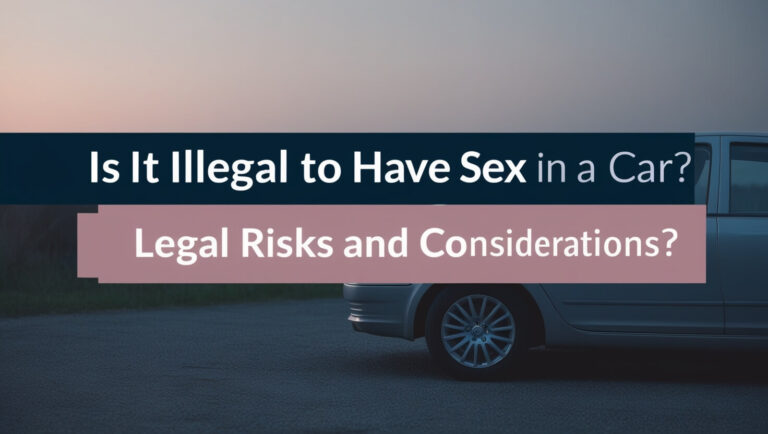Are Down Payments Illegal? The Truth About Car Financing
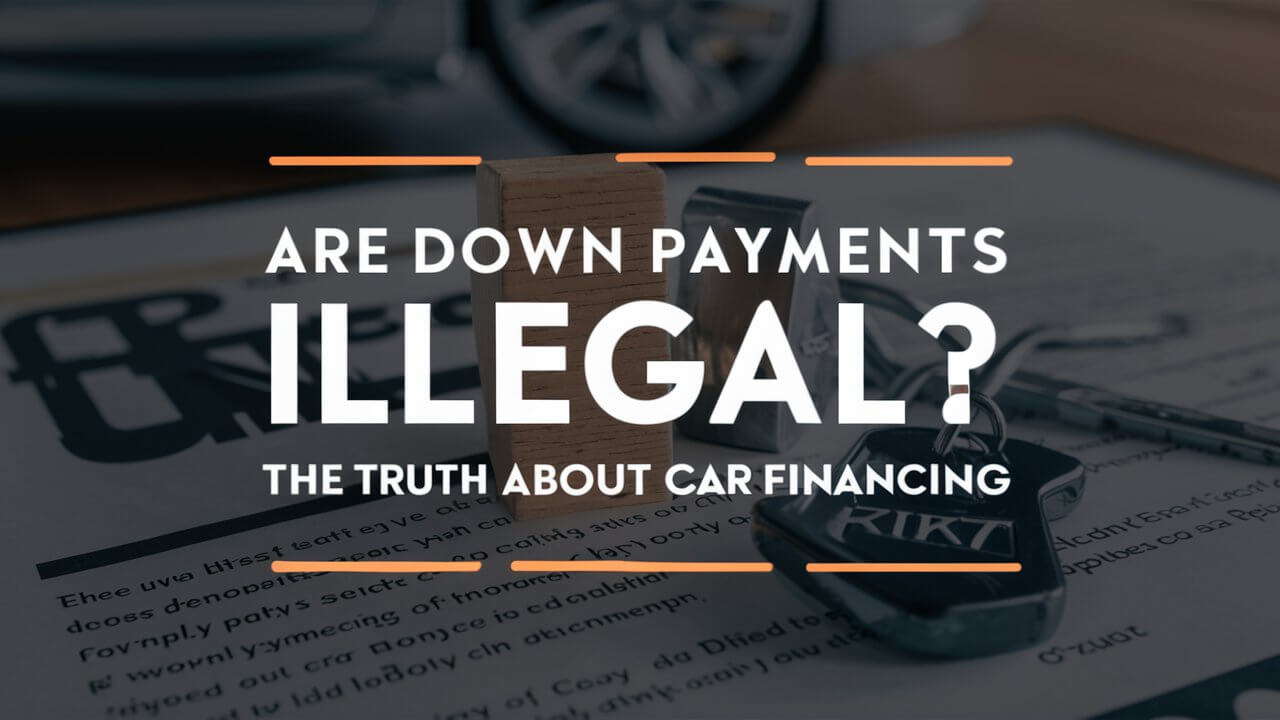
Are down payments illegal? The short answer is no, down payments on cars are not illegal in the United States. In fact, they’re a common and often beneficial part of the car buying process. However, there are laws and regulations surrounding car financing that both buyers and sellers must follow. This article will dive deep into the world of down payments, exploring their legality, benefits, and potential pitfalls.
What Are Down Payments?
Before we delve into the legality of down payments, let’s clarify what they actually are.
Definition and purpose
A down payment is an initial sum of money paid upfront when purchasing a car. It’s typically a percentage of the total cost of the vehicle. The main purpose of a down payment is to reduce the amount you need to borrow, which can lead to more favorable loan terms.
Types of down payments
There are several ways to make a down payment:
- Cash: The most straightforward method.
- Trade-in value: Using the value of your current vehicle.
- Combination: A mix of cash and trade-in value.
Down payments aren’t just limited to car purchases. They’re common in many large financial transactions, including home purchases and business loans.
The Legality of Down Payments
Now, let’s address the main question: are down payments illegal?
Federal laws on down payments
At the federal level, there are no laws that make down payments illegal. In fact, the Truth in Lending Act (TILA) requires lenders to disclose all terms of a loan, including any down payment requirements. This law aims to protect consumers by ensuring transparency in lending practices.
State regulations on car financing
While federal law doesn’t prohibit down payments, some states have specific regulations about car financing. These laws often focus on:
- Maximum interest rates
- Disclosure requirements
- Cooling-off periods
However, none of these state laws make down payments illegal. They’re designed to protect consumers from predatory lending practices, not to prohibit standard financing practices like down payments.
Common Misconceptions About Down Payment Legality
Despite the clear legal status of down payments, misconceptions persist. Let’s debunk some of these myths.
The TikTok controversy
In 2023, a trend emerged on TikTok claiming that down payments on cars were illegal. Users cited misinterpreted federal statutes, leading to confusion among potential car buyers.
Debunking myths about illegal down payments
Here are some common myths and the truth behind them:
- Myth: All down payments are illegal. Truth: Down payments are legal and common in car financing.
- Myth: Dealerships can’t require down payments. Truth: Dealerships and lenders can require down payments as part of their financing terms.
- Myth: You can get your down payment back if you change your mind. Truth: Once a contract is signed, the down payment is typically non-refundable unless specified otherwise.
Benefits of Making a Down Payment
Now that we’ve established that down payments are legal, let’s look at why they can be beneficial.
Lower interest rates
A larger down payment often leads to lower interest rates. This is because you’re borrowing less money, which reduces the lender’s risk. Over the life of the loan, even a slightly lower interest rate can save you thousands of dollars.
Reduced monthly payments
The more you pay upfront, the less you need to borrow. This translates to lower monthly payments, making the car more affordable in the long run.
Shorter loan terms
With a substantial down payment, you might be able to opt for a shorter loan term. This means you’ll pay off your car faster and potentially save on interest.
When Down Payments Might Raise Legal Concerns
While down payments themselves are legal, certain practices surrounding them can cross into illegal territory.
Predatory lending practices
Some unscrupulous lenders might use down payments as part of predatory lending schemes. For example, they might require excessively high down payments or use deceptive tactics to pressure buyers into making larger down payments than they can afford.
Discriminatory down payment requirements
If a lender requires different down payment amounts based on race, gender, or other protected characteristics, this would be illegal under fair lending laws.
Alternatives to Traditional Down Payments
Not everyone can afford a large down payment. Fortunately, there are alternatives.
No down payment loans
Some lenders offer loans with no down payment required. However, these often come with higher interest rates and may require private mortgage insurance (PMI).
Trade-ins as down payments
If you have a current vehicle, its trade-in value can serve as your down payment. This can be a great option if you don’t have cash on hand for a down payment.
How Credit Scores Affect Down Payments
Your credit score plays a significant role in the car buying process, including down payments.
Impact on down payment amounts
Generally, the higher your credit score, the lower the down payment you might need. This is because lenders see you as less of a risk.
Credit score requirements for no down payment options
If you’re hoping to get a car with no down payment, you’ll typically need a good to excellent credit score. The exact requirements vary by lender, but a score of 700 or above is often needed for the best no-down-payment options.
Negotiating Down Payments with Dealerships
Remember, down payment amounts are often negotiable.
Tips for bargaining
- Do your research on typical down payment amounts for similar vehicles.
- Be prepared to walk away if the terms aren’t favorable.
- Consider the total cost of the loan, not just the down payment.
When to walk away from a deal
If a dealership is pressuring you to make a larger down payment than you’re comfortable with, or if the terms seem unfair, it’s okay to walk away. There are plenty of other dealerships and financing options available.
Down Payment Assistance Programs
For those struggling to come up with a down payment, help is available.
Government programs
Some states offer down payment assistance programs for first-time car buyers or low-income individuals. These programs can provide grants or low-interest loans to help with down payments.
Non-profit organizations offering help
Various non-profit organizations also offer assistance with down payments. These programs often focus on helping individuals improve their financial stability through car ownership.
The Role of Down Payments in Loan-to-Value Ratio
Down payments play a crucial role in determining the loan-to-value (LTV) ratio of your car loan.
Understanding LTV
The LTV ratio is the amount of the loan compared to the value of the car. For example, if you borrow $15,000 for a $20,000 car, your LTV ratio is 75%.
How down payments affect LTV
A larger down payment reduces your LTV ratio. This is beneficial because lenders typically offer better terms for loans with lower LTV ratios. A lower LTV also means you’re less likely to end up “underwater” on your loan (owing more than the car is worth).
Legal Protections for Car Buyers
Several laws protect consumers in the car buying process.
The Truth in Lending Act (TILA)
TILA requires lenders to provide clear information about the terms of a loan, including the annual percentage rate (APR), finance charges, and total cost of the loan.
State-specific consumer protection laws
Many states have additional laws to protect car buyers. These might include:
- Cooling-off periods
- Limits on dealer fees
- Requirements for clear disclosure of all terms
Red Flags: When a Down Payment Might Be Illegal
While down payments themselves are legal, certain practices surrounding them could be illegal.
Excessive down payment requirements
If a lender is requiring an unusually high down payment without clear justification, this could be a red flag for predatory lending.
Undisclosed fees or charges
Any fees or charges related to the down payment should be clearly disclosed. Hidden fees could violate consumer protection laws.
Down Payments vs. Dealer Fees: What’s the Difference?
It’s important to understand the difference between down payments and various dealer fees.
Understanding various fees in car purchases
Common fees include:
- Documentation fees
- Registration fees
- Destination charges
Unlike down payments, these fees don’t reduce the amount you’re borrowing.
Legal limits on dealer fees
Some states have caps on certain dealer fees. Always ask for a breakdown of all fees and research your state’s laws to ensure you’re not being overcharged.
The Future of Down Payments in Car Financing
The landscape of car financing is constantly evolving.
Trends in auto lending
Recent trends include:
- Longer loan terms
- Increased popularity of leasing
- Growth of online car buying platforms
Potential changes in regulations
As the auto industry changes, regulations may evolve. Keep an eye on potential new laws that could affect down payment requirements or other aspects of car financing.
FAQs About Down Payment Legality
Let’s address some common questions about the legality of down payments.
Common questions answered
- Q: Can a dealership refuse to sell me a car without a down payment? A: Yes, dealerships can set their own policies on down payments.
- Q: Is it illegal for a dealership to keep my down payment if I change my mind? A: Generally, no. Once you’ve signed a contract, the down payment is typically non-refundable.
- Q: Are there laws limiting how much a dealership can require for a down payment? A: There are no specific laws limiting down payment amounts, but excessively high requirements could be considered predatory lending.
Expert insights on down payment laws
Legal experts emphasize that while down payments are legal, consumers should be wary of any lending practices that seem unfair or deceptive. If you’re unsure about the legality of a down payment requirement, consider consulting with a consumer protection attorney.
Wrap UP: The Legal Status of Down Payments in Car Buying
In conclusion, down payments on cars are not illegal. They’re a standard and often beneficial part of the car buying process. However, it’s crucial to understand your rights as a consumer and be aware of potential predatory practices.
Remember:
- Down payments can lead to better loan terms and lower overall costs.
- Federal and state laws protect consumers in the car buying process.
- If a deal seems too good to be true or a down payment requirement seems excessive, it’s okay to walk away and explore other options.
By understanding the role and legality of down payments, you can navigate the car buying process with confidence. Always do your research, read contracts carefully, and don’t hesitate to ask questions. With the right knowledge, you can ensure that your car purchase is both legal and financially sound.
